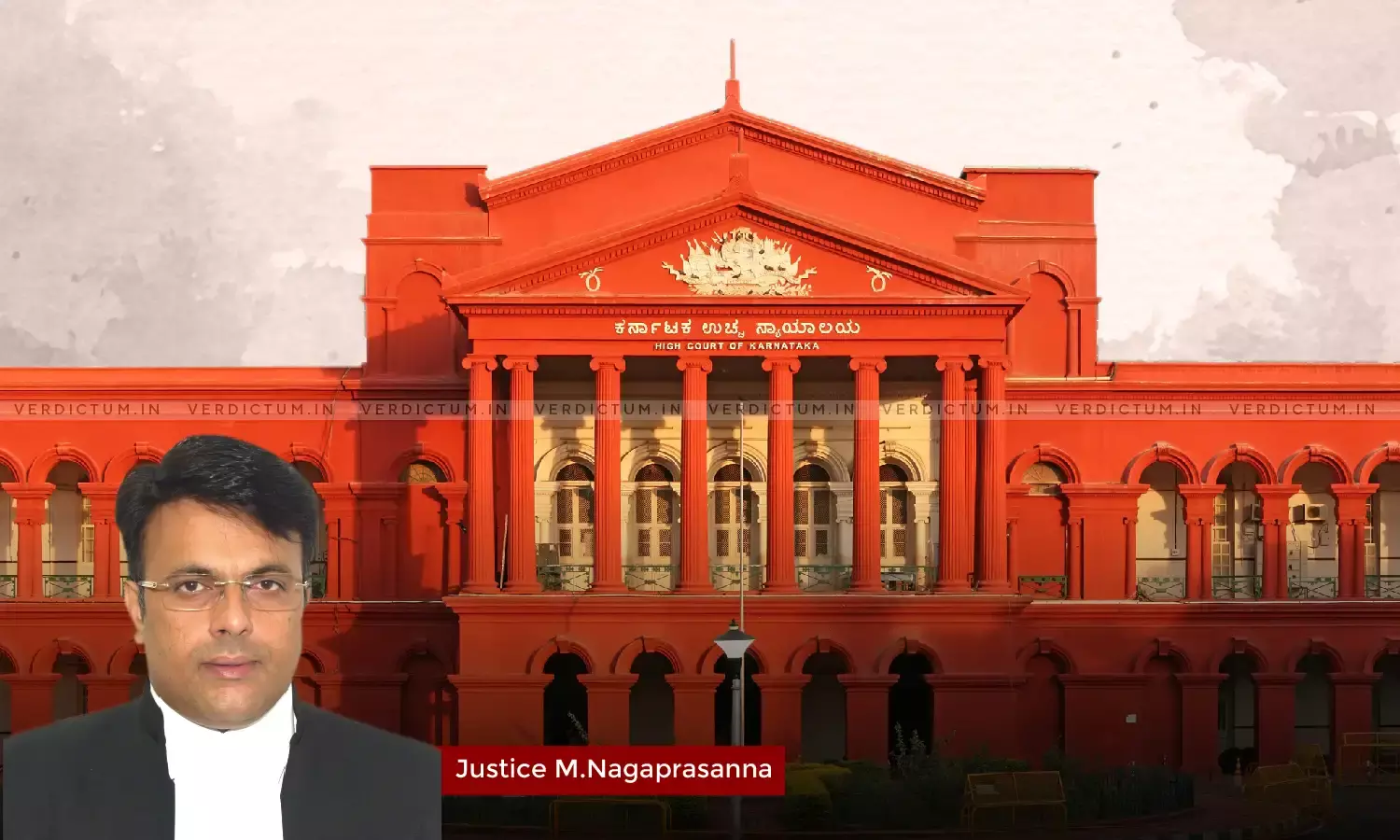Accused Entitled To Copies Of Charge Sheet Material, Denial Would Result In Unfair Trial: Karnataka High Court
Accused Entitled To Copies Of Charge Sheet Material, Denial Would Result In Unfair Trial: Karnataka High Court

The Karnataka High Court has said that denying the copies of chargesheet material to accused can result in an unfair trial.
While placing reliance on its judgment in the case-Muzammil Pasha v. National Investigating Agency, the Karnataka High Court's Bench of Justice M. Nagaprasanna observed thus "…the petitioner/accused would become entitled to all copies of the charge sheet material, denial of which would undoubtedly be contrary to the principle of fairness and results in an unfair trial."
The Court was dealing with an appeal challenging the Order of the Sessions Judge whereby the Sessions Judge had declined to furnish copies of charge sheet material on the ground that the Investigating Officer had not produced them before the Court.
Advocate Murthy D.Naik, appeared for the petitioner-accused and High Court Government Pleader, K.S.Abhijith, appeared for the respondent-state.
The facts of the case are that the petitioner was accused of offences punishable under Sections 364A and 506 of the Indian Penal Code. After framing of charges, the petitioner-accused filed an application under Section 207 of the Code of Criminal Procedure seeking copies of documents.
The Sessions Judge partly allowed the application by permitting the counsel for the accused to inspect electronic records before the Court. Following this, the petitioner-accused approached High Court.
The High Court observed that in Muzammil Pasha (supra), it had referred to the decision of Supreme Court where the apex Court had held that "This constitutional mandate and statutory rights given to the accused place an implied obligation upon the prosecution (prosecution and the Prosecutor) to make fair disclosure. The concept of fair disclosure would take in its ambit furnishing of a document which the prosecution relies upon whether filed in court or not. That document should essentially be furnished to the accused and even in the cases where during investigation a document is bona fide obtained by the investigating agency and in the opinion of the Prosecutor is relevant and would help in arriving at the truth, that document should also be disclosed to the accused."
The High Court expressed that the reason provided by the Sessions Judge was not satisfactory for partly allowing the application under Section 207 of the Cr.P.C.
"Therefore, the order passed by the learned Sessions Judge sans countenance and is to be obliterated to the extent of not allowing the application in full and a direction ensue in favour of the petitioner to the prosecution to furnish documents that are sought in the application filed by the petitioner.", the Court held.
Accordingly, the Order of the Sessions Judge was set aside and the Court directed that the documents sought by the petitioner which are part of the charge sheet material be furnished to him.
Cause Title- Chirag R. Mehta v. The State of Karnataka
Click here to read/download the Order

